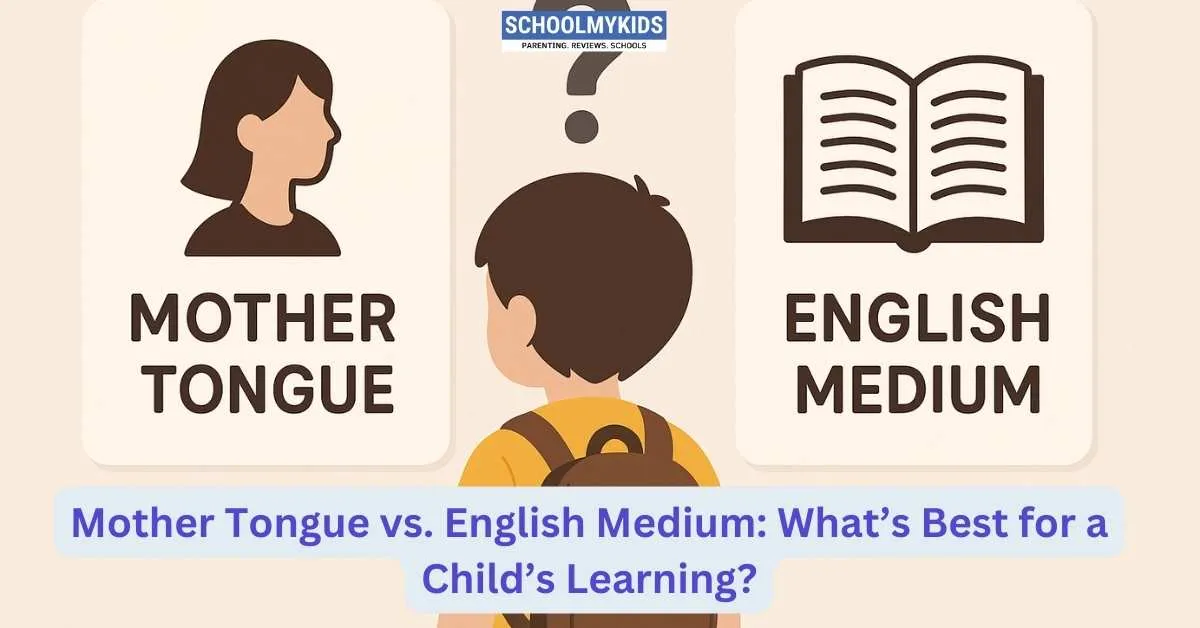The debate over whether students in India should be educated in their mother tongue or in English has been ongoing for decades. While English is widely regarded as the language of global communication, research highlights the significant cognitive and academic benefits of learning in one’s native language. Striking a balance between these two approaches is crucial to ensuring a well-rounded education that fosters both deep understanding and global competitiveness.
Advantages of Learning in the Mother Tongue
- Better Conceptual Understanding: Children naturally learn and comprehend new concepts more effectively in their first language. When students are taught in their mother tongue, they can grasp complex ideas with greater ease, leading to stronger cognitive skills and critical thinking abilities. Studies have shown that early education in a familiar language enhances learning retention and academic performance.
- Stronger Cultural Connection: Language is an integral part of cultural identity. Education in the mother tongue helps preserve cultural heritage, traditions, and values. When children learn in their native language, they develop a deeper appreciation for their roots, strengthening their sense of belonging and national pride.
- Enhanced Confidence and Expression: Students feel more comfortable expressing themselves in their first language. When they learn in their mother tongue, they participate more actively in classroom discussions, develop stronger communication skills, and gain confidence in their abilities. This foundation also makes it easier for them to acquire additional languages later in life.
The Role of English in Education
- Gateway to Global Opportunities: English is the dominant language in international business, higher education, and diplomacy. Proficiency in English provides students with access to global career opportunities, prestigious universities, and a vast network of professional connections.
- Access to Technology and Scientific Research: A significant portion of scientific literature, technological advancements, and academic research is published in English. Mastery of the language allows students to stay updated with global innovations, enhancing their ability to contribute to fields like engineering, medicine, and artificial intelligence.
- A Competitive Advantage in the Job Market: In today’s corporate world, fluency in English is often a prerequisite for high-paying jobs, especially in multinational companies. Being proficient in English gives students an edge in competitive exams, job interviews, and professional networking, helping them excel in their careers.
Finding the Right Balance: A Bilingual Approach
Given the unique advantages of both mother-tongue education and English proficiency, a balanced approach is necessary. Experts advocate for bilingual education, where early schooling is conducted in the mother tongue, while English is gradually introduced as a secondary language.
The National Education Policy (NEP) 2020 in India supports this model, emphasizing multilingualism in early education. The policy encourages foundational learning in the child's native language while incorporating English in later stages, ensuring students develop both strong conceptual understanding and global communication skills.
Conclusion
Both mother tongue and English play vital roles in a student’s education. While the native language enhances comprehension, cognitive development, and cultural identity, English opens doors to global opportunities and career success. Instead of choosing one over the other, integrating both languages in education ensures students receive a well-rounded learning experience—one that nurtures deep understanding while also preparing them for the demands of the modern world. The key lies in a structured bilingual approach that prioritizes cognitive growth while equipping students with the linguistic skills needed to thrive globally.








Be the first one to comment on this story.